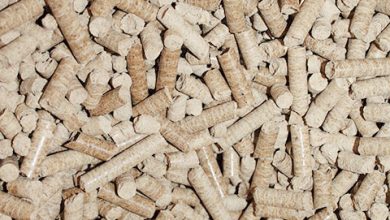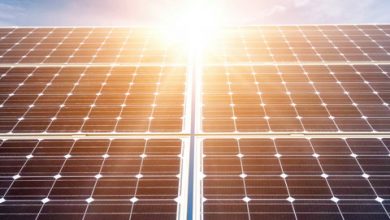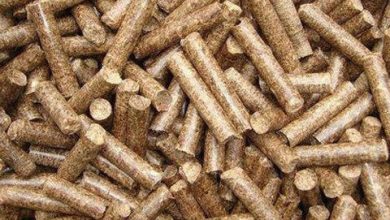Renewable energy
Human activity is overloading our atmosphere with carbon dioxide and other global warming emissions. These gases act like a blanket, trapping heat. The result is a web of significant and harmful impacts, from stronger, more frequent storms, to drought, sea level rise, and extinction.
In contrast, most renewable energy sources produce little to no global warming emissions. Even when including “life cycle” emissions of clean energy (ie, the emissions from each stage of a technology’s life—manufacturing, installation, operation, decommissioning), the global warming emissions associated with renewable energy are minimal.
Renewable electricity generation from biomass can have a wide range of global benefits depending on the resource and whether or not it is sustainably sourced and harvested. By only supply ethically sourced and sustainable biomass and solar products, FirstBre poised to be a leader in supplying top grade renewable energy provider.





